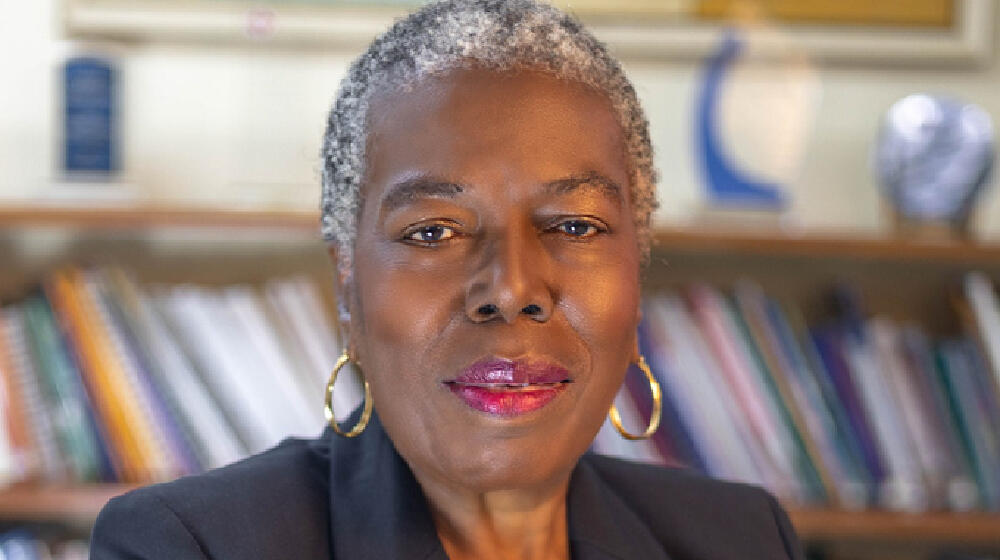UNFPA is, at its core, about helping people everywhere reach their potential. The groundbreaking Cairo 1994 International Conference on Population and Development (ICPD) Programme of Action shifted the focus from human numbers to human rights, and continually guides our work and is reiterated in the Montevideo Consensus on Population and Development, the regionalization of the ICPD. It underpins our efforts to achieve three zeros by 2030: zero unmet need for family planning; zero preventable maternal deaths; and zero gender-based violence and harmful practices. This applies to young people in all their diversity.
In November 2019, countries across the world, including the Dutch and English Speaking Caribbean, met at the Nairobi Summit on ICPD25 in Kenya to renew their commitment to the Programme of Action. At the end of that engagement some very ambitious commitments to accelerate the implementation of the ICPD Programme of Action, leaving no one behind and ensuring rights and choices for all were made. In our Sub-region commitments were made by Barbados, St. Kitts & Nevis, Suriname, and Trinidad and Tobago.
At UNFPA we continue to work with governments, Civil Society Organizations, our other partners, and our UN counterparts in offering a quality response and contributing to the reduction of gender-based violence in humanitarian, peace, and development settings; ensuring sexual and reproductive health and rights for all, and for women’s and girls’ empowerment and gender equality. Notwithstanding the impact of COVID-19, there have been some key achievements some of which help to fulfill Nairobi commitments, which are highlighted below.
UNFPA has supported countries with the implementation of the Essential Services Package for women and girls subject to violence: a set of modules that guide the provision of quality and coordinated essential services from the health, social services, justice, and policing sectors. The idea behind this is that when quality services are in place for survivors and those at risk of experiencing GBV, more people will access them and the consequences of violence on survivors can be mitigated; and several lives will be saved.
In May, under the European Union-funded Spotlight Initiative Regional Programme, UNFPA and the Caribbean Community (CARICOM), established the regional Essential Services Package Community of Practice (ESP CoP), a space that allows for key regional institutions and National Gender Bureaus across the Caribbean to continue to promote the application of high-quality standards in the provision of essential services for survivors of GBV.
To ensure survivors of GBV have access to high-quality services from various sectors, UNFPA also partnered with several institutions such as the University of the West Indies, the Guyana Police Force and the Jamaica Constabulary Force in the provision of well-needed and relevant training focused on a survivor centered approach. In Jamaica and Trinidad and Tobago, referral pathways - flexible mechanisms that safely link survivors to services such as health, psychosocial support, case management, safety/security, and justice and legal aid - were established and operationalized.
Our partnership with the Government of Canada and UN Women has resulted in the start of the implementation of the Build Back Equal (BBE) Project in Dominica, Grenada, St. Lucia, and St. Vincent, and the Grenadines. The aim of the project is to decrease the adolescent birth rate and establish discernible measures to address the unmet need for family planning. In another similar partnership with Global Affairs Canada, we began implementing the EQUAL SRHR project which has similar objectives to BBE in Guyana and Trinidad and Tobago.
In Guyana, the India Funds Project which aimed to contribute to reducing adolescent pregnancy in Regions 1 and 9 recently concluded and we are happy that we have seen a reduction in the number of pregnancies among adolescents aged 10-19 in those two regions.
UNFPA in Suriname has placed significant focus on engaging young people by hosting events including a workshop on an adolescent health strategy throughout the year. Similarly, twenty Belizean youth participated in a capacity-building session that introduced them to the concept of population dynamics and its importance. In Jamaica, during the 16 Days of Activism for the Elimination of Violence Against Women and Girls, a banner event on VAWG and a youth forum were hosted in collaboration with the Ministry of Culture, Gender, Entertainment and Sport. The youth forum is key to engaging young people on the identification of youth-specific issues and how to prevent and respond to Gender Based Violence from a gender perspective.
Despite the remarkable progress, the commitments from Nairobi still remain elusive for many countries. Universal access to the full range of sexual and reproductive health information, education, and services as defined by the ICPD Programme of Action continues to be a work in progress. Hence, the work must continue to ensure the well-being of current and future generations. This will require unprecedented national, regional and global cooperation.
UNFPA remains committed to strengthening our partnerships and innovating to build a more inclusive, sustainable future for the region.


